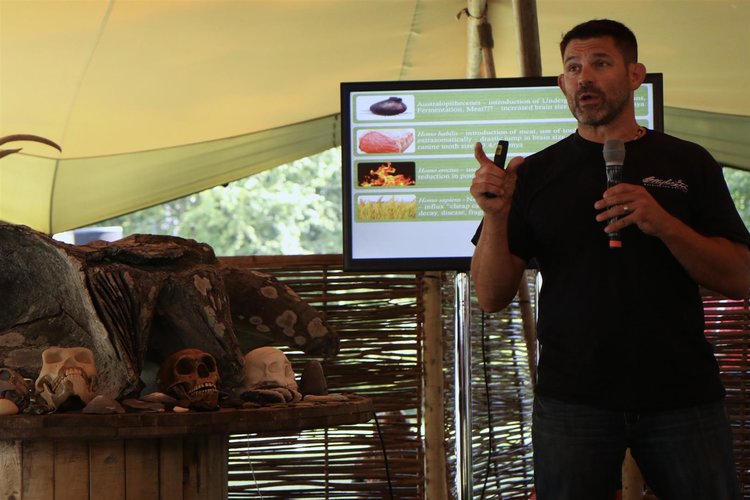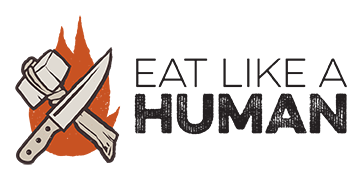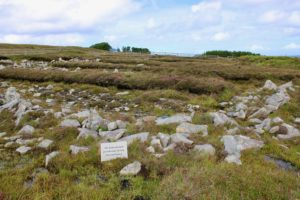This timeline drove the progression of Dr. Bill’s “Eat Like a Human” research when he was living abroad in Ireland and traveling the world while on sabbatical with his family during the 17-18 academic year.
Phase 1: Context & Background
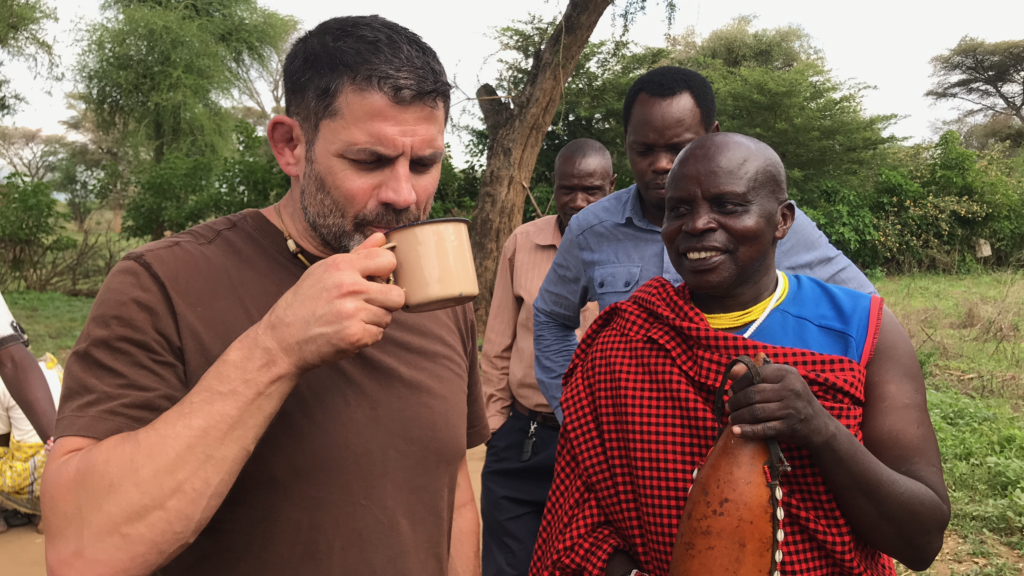
The first phase will involve the gathering of knowledge about prehistoric and traditional food production, diets/foodways, using archaeology, anthropology and experimental archaeology. Knowledge about traditional diets/foodways mostly comes from historic sources, ethnographies and, most important/relevant to this project is “ethno-experimental archaeology.” Ethnoarchaeology– effectively ethnographies conducted by archaeologists—allows the researcher to view a culture through the lens of archaeology, thus recording both oral and material evidence for contemporary traditional lifeways.
Ethno-experimental archaeology has the same value-added benefit: information recorded about a culture by a researcher that is simultaneously an archaeologist and primitive technologist is VERY powerful and positively impacts the type and quality of information that is recorded.
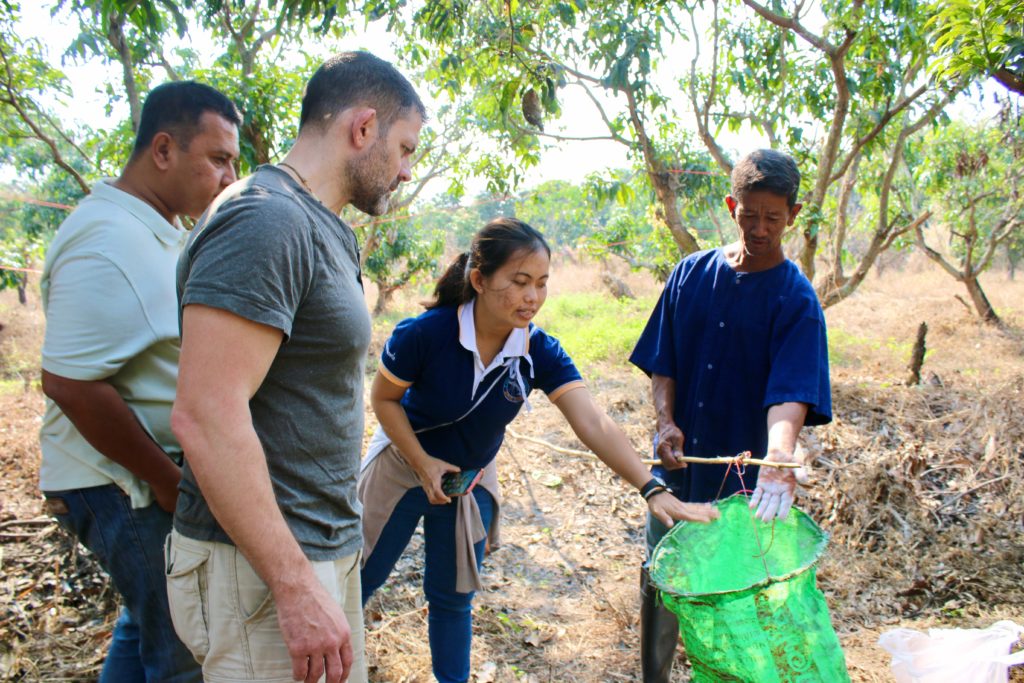
In this project, the researcher is an experienced archaeologist, primitive technologist, but also a practical and lifelong food forager, hunter and chef. Information about traditional diets/foodways will take the form of extensive literature searches and supplemented by spending time with, learning from, and documenting practicing farmers, hunters, gatherers, fishermen, groups engaged in entomophagy, groups practicing traditional butchering, groups still practicing wild fermentation of such farm products as dairy, grains, meats, and vegetables across Europe, Africa and Asia. Information collected will also provide permanent records of many of these dying practices thereby recording many of these disappearing foodways.
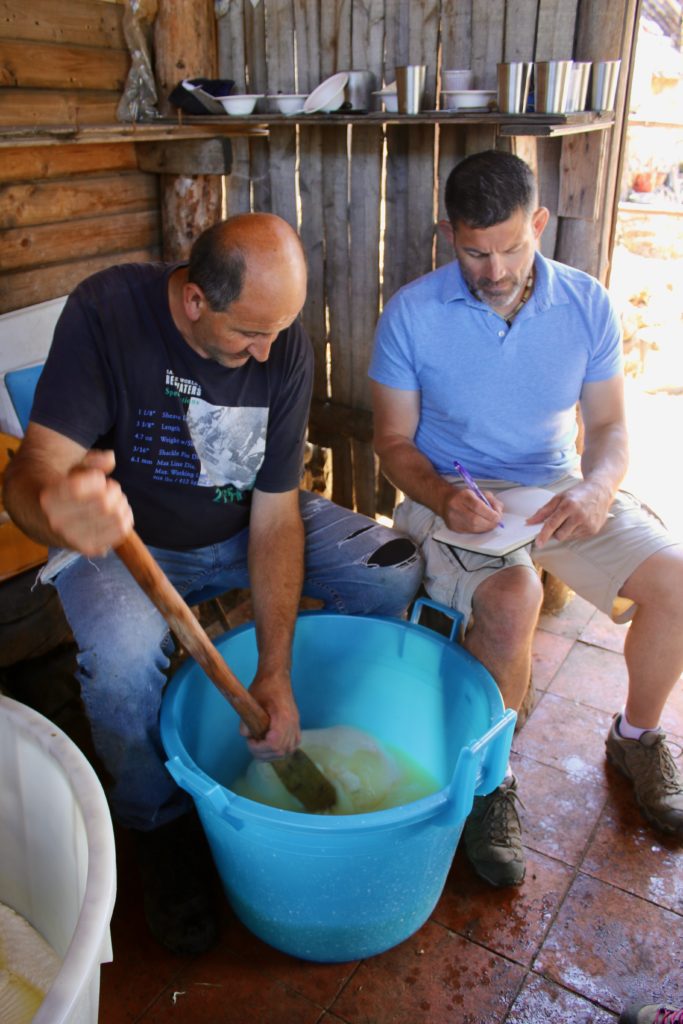
The majority of Prof Schindler’s time will be divided into three separate activities:
- Research and writing (primarily writing up notes from his active research and laying the foundation for the book);
- Working with traditional and modern farmers, hunters, gatherers, foragers, fishermen, and butchers to document their practices;
- Working with modern chefs to find ways of fusing ancient and traditional food acquisition, processing, and consumption technologies with modern culinary techniques to develop practices and recipes accessible to modern Western society.
He will spend anywhere between three days to several weeks with each person/group depending on the situation to adequately learn, understand, document and develop what is needed from the experience.
Phase 2: Fusion
Practically all prehistoric and traditional food acquisition, processing and storage technologies are focused on accessing nutrient-dense foods. And, while it would obviously be transformative to directly “transplant” these techniques into modern home kitchens, it is not realistically possible. Everything about food production and acquisition, preparation, storage and even consumption – from how we categorize food, how we perceive taste and texture, and the context within which food is presented and consumed is regulated by tradition, culture, ethnicity, and religion. As a result, modern Western home cooks and their families are not in positions to take direct advantage of all of the lessons learned from the ancestral archaeological and ethnographic research.
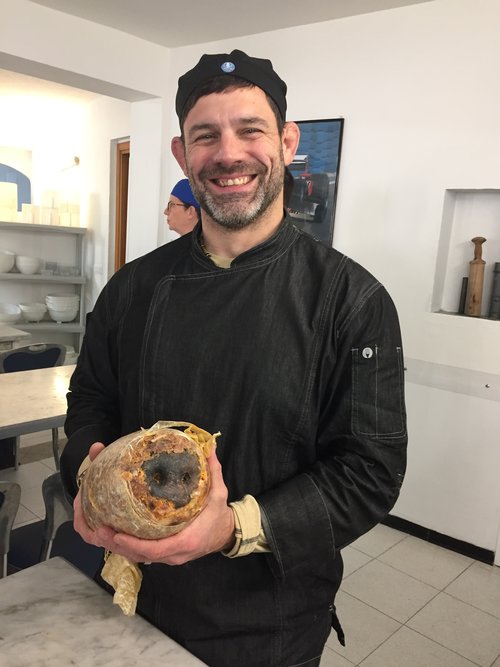
Lack of equipment and/or training, different climates and natural resources and the huge discrepancy between these foods and what we are used to, render these foods and associated technologies inaccessible. That is where the heart of this project comes in – the second phase… This phase is about fusion. Armed with a solid understanding of prehistoric and traditional foodways, Prof Schindler will work with top chefs around the world – each a specialist in a specific modern culinary technique useful to this research. Through this interaction we will work together to develop ways to fuse the old and the new, to make these foods and the techniques associated with their preparation accessible to the modern Western family.
At its heart, this phase of the project is experimental and, by extension, “experimental archaeology.” The project partners are breaking new ground here and doing something entirely different and meaningful beyond just connecting people with their past at a philosophical sense. We are also connecting people with their past in real-world, practical, concrete ways, through food and food preparation, cooking and consumption – the results of which have major implications for improving health, human/environmental relationships, and sustainability in the western world.
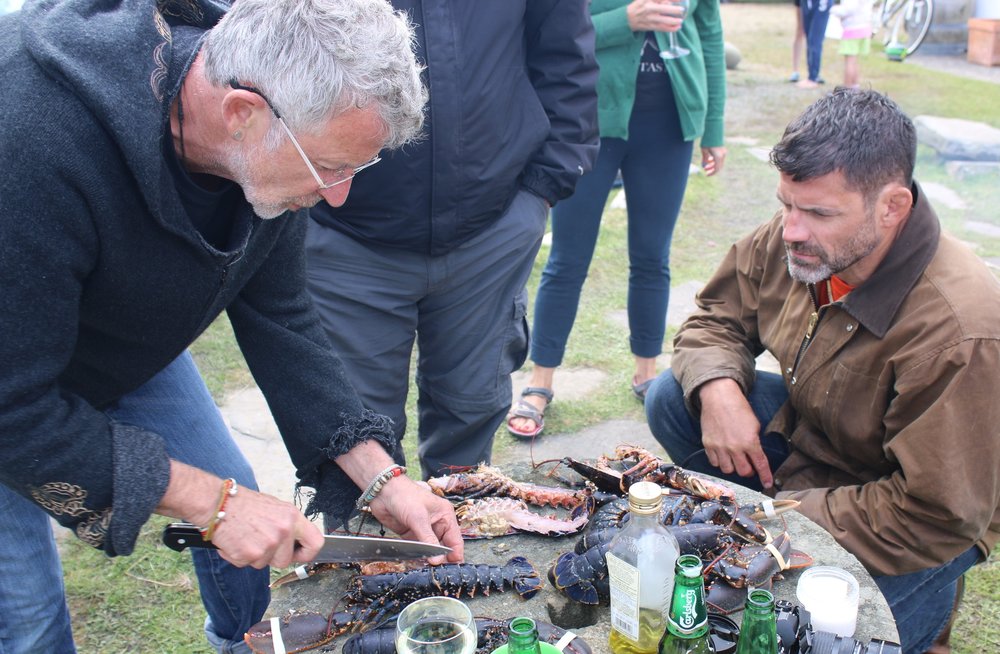
Phase 3: Dissemination
The final phase is about the dissemination of information. It is proposed this will happen in several powerful ways including publications (book and articles), lectures/presentations, a possible television program (Prof Schindler is working with a director and production company who is currently pitching the idea to international networks), and through food events (international pop-up food events with Odaios Foods and other project partners). These avenues of dissemination will reach and educate a significant number of people in both professional and popular audiences. Ultimately, the results of this project will continue to make an impact as the Eastern Shore Food Lab comes on-line at Washington College, USA and as the relationships between University College Dublin, Odaios Foods, other project partners, Washington College and the Eastern Shore Food Lab become more established.
